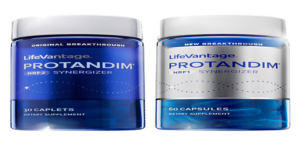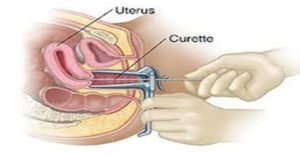Image source: webbernaturals.com
L-lysine is one of the amino acids which plays a role in the metabolism of fats, formations of collagen, and absorbing calcium. It boosts the body’s immune system and protects against herpes. The body can produce l-lysine from protein-rich foods but supplemental l-lysine can be used to fight infections. Let’s look at the pros and cons of l-lysine in the human body.
Pros:
1. Strengthen bones: Calcium absorbed into the body helps boost the synthesis of collagen and can strengthen the bone structure. The supplement is essential for improving bone density for those suffering from osteoporosis.
2. Improve athletic performance: Lysine is essential for creating lean muscles. Lysine-rich foods help the body produce more energy by metabolizing fats thus increasing performance during athletics. Lysine deficiency leads to fatigue.
3. Treat herpes: L-lysine is used to treat type 1 and 2 herpes simplex virus infections which cause genital herpes and cold sores.
It suppresses the growth and multiplication of the virus.
4. Reduce blood pressure: Lysine deficiency can affect patients with hypertension (high blood pressure) and taking the l-lysine supplement will help reduce the blood pressure.
5. Reduce anxiety and acute stress: Taking lysine supplements will help you deal with intestinal distress which causes anxiety. Making the supplement part of your diet may reduce acute stress.
6. Reduce insulin resistance: Lysine improves glucose response for people suffering from diabetes. The protein hormones help your body to produce more insulin needed to fight diabetes.
7. Improve overall health: Lysine from protein food products helps the body produce collagen, antibodies, digestive enzymes, and some protein hormones which are essential for a strong immune system.
8. Better skin, hair, and nails: L-lysine compound helps fight hair loss, boost your natural skin, and maintain beautiful nails.
9. Improve digestion: L-lysine supplement helps increase body metabolism improving food digestion and treating any rectal disease.
10. Weight loss: L-lysine can be used as a weight-loss supplement. It can burn calories in the body giving you the source of energy you need during exercise. The supplement boosts energy levels and promotes the weight loss process.
Cons:
1. Intolerance to lysinuric protein: Children who are affected by lysinuric protein may experience stomach cramps or diarrhea after taking the supplement.
2. Side effects: Prolonged use of the supplement can result in diarrhea or abdominal pains.
3. Kidney dysfunction: Consumption of high doses of l-lysine per day may put you at high risk of kidney dysfunction or gallstones. Long-term use of the supplement can lead to the development of kidney disorders.
4. Risk of nephrotoxicity: When taking l-lysine supplement, you should avoid taking arginine supplement which reduces the effectiveness of l-lysine. Interaction of the lysine compounds with aminoglycoside antibiotics increases the risk of nephrotoxicity.
5. Increased calcium absorption: If you’re already taking a calcium supplement, you should consult with your doctor on the quantity of lysine you’re supposed to take to avoid increased toxic effects of calcium in the body.
6. Renal failure: High dosage of lysine can cause Fanconi syndrome which later can lead to chronic renal failure.
7. Allergies: If you’re allergic to lysine and lysine Monohydrochloride or any other compound, then you should avoid taking the supplement.
8. Deplete arginine from the body: Long-term use of lysine depletes the consumption of arginine into the body which helps reduce herpes replication, support heart conditions, and strengthen body muscles.
9. Interaction: L-lysine can interfere with other medications and supplements, therefore, consult with the doctor.
10. Pregnant/breastfeeding mothers: Pregnant and breastfeeding women should not take this supplement since it can interfere with fetus development.



